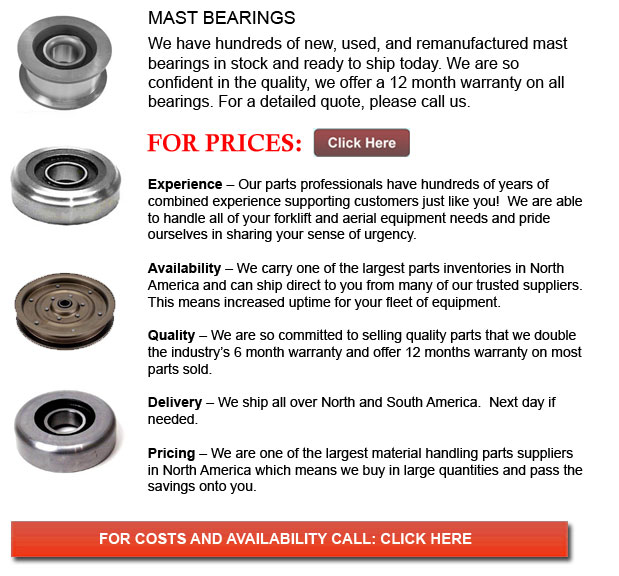
Mast Bearings - A bearing allows for better motion between at least 2 parts, typically in a linear or rotational procession. They can be defined in correlation to the direction of applied weight the can take and according to the nature of their use
Plain bearings are often utilized in contact with rubbing surfaces, typically with a lubricant like for example graphite or oil too. Plain bearings could either be considered a discrete gadget or non discrete gadget. A plain bearing may have a planar surface which bears one more, and in this case would be defined as not a discrete gadget. It could consist of nothing more than the bearing surface of a hole with a shaft passing through it. A semi-discrete example will be a layer of bearing metal fused to the substrate, while in the form of a separable sleeve, it will be a discrete gadget. Maintaining the proper lubrication allows plain bearings to provide acceptable friction and accuracy at minimal cost.
There are other bearings which could help enhance and cultivate effectiveness, accuracy and reliability. In numerous uses, a more suitable and exact bearing could better weight size, operation speed and service intervals, therefore lessening the overall expenses of utilizing and purchasing equipment.
Many types of bearings together with different shape, material, application and lubrication exist in the market. Rolling-element bearings, for instance, utilize drums or spheres rolling among the components so as to lower friction. Less friction gives tighter tolerances and higher precision than plain bearings, and less wear extends machine accuracy.
Plain bearings are often constructed from different kinds of metal or plastic, depending on how dirty or corrosive the environment is and depending upon the load itself. The kind and use of lubricants can dramatically affect bearing friction and lifespan. For instance, a bearing could function without whichever lubricant if continuous lubrication is not an alternative since the lubricants could be a magnet for dirt which damages the bearings or device. Or a lubricant can improve bearing friction but in the food processing trade, it could need being lubricated by an inferior, yet food-safe lube in order to prevent food contamination and guarantee health safety.
Most bearings in high-cycle uses need some cleaning and lubrication. They may need regular modification in order to lessen the effects of wear. Several bearings could need irregular repairs so as to prevent premature failure, although magnetic or fluid bearings could need not much preservation.
A clean and well lubricated bearing will help extend the life of a bearing, nonetheless, some types of operations may make it more difficult to maintain consistent upkeep. Conveyor rock crusher bearings for example, are regularly exposed to abrasive particles. Frequent cleaning is of little use for the reason that the cleaning operation is costly and the bearing becomes contaminated again as soon as the conveyor continues operation.
![]() Click to Download the pdf
Click to Download the pdf
Forklift Parts
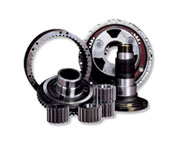
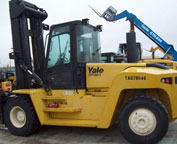
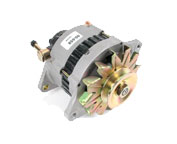
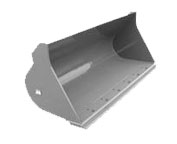
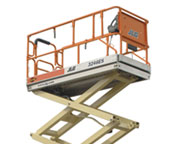
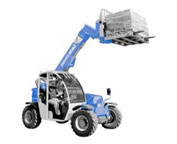
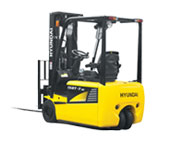
Lift Parts Express
TOLL FREE: 1-888-695-7994
LOCAL: 425-233-8829
227 BELLEVUE WAY NE 896
Bellevue, Washington
forkliftpartsbellevue.com
Email Us
About Us


